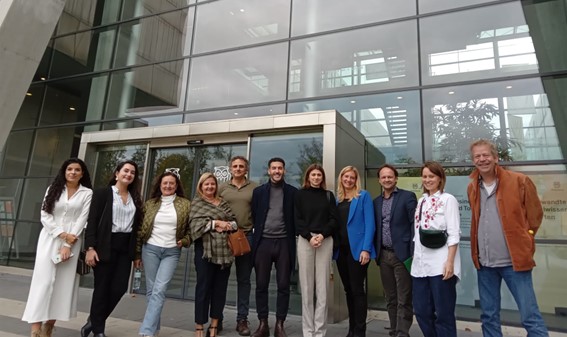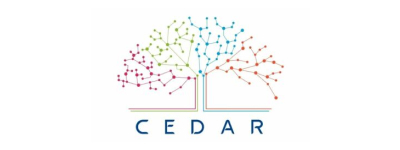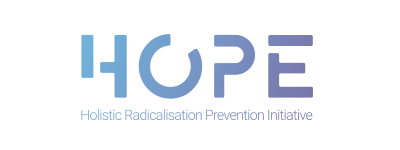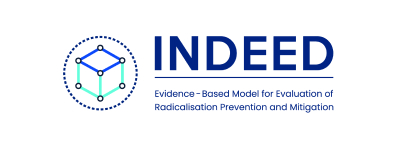New effective and grounded training to empower European educational and youth practitioners in preventing radicalisation is rolling out in 2023.
In an increasingly polarised Europe, youngsters are an especially vulnerable group to radical narratives and ideologies. Acknowledging that the educational setting is vital to building resilience, the CEDAR (Continuing Education Against Radicalisation) project is now in the final steps of preparing a training course for European professionals working directly with young people.
CEDAR’s training course will be provided to professionals in higher education settings, youth organisations, and the youth justice sector.
These resources will increase their understanding of how the European landscape affects radicalisation narratives and attitudes, and how different radical ideologies can turn into violence and extremism.
Equipped with theoretical and practical knowledge on radicalisation and extremism, professionals working with youth can deconstruct radical and extremist thinking in a preventive and effective way.

The training is expected to start in the first months of 2023, at IPS’ online learning platform, the Corrections Learning Academy, targeting over a hundred different professionals, coming from the educational, youth justice, and youth work settings. To complement, in-person training sessions will be held in May and June, in Toulouse and Warsaw, accordingly, aiming to comprehensively capacitate these key professionals to the extent possible.
Know more about this project

CEDAR
Continuing Education Against Radicalisation
The CEDAR project is led by the National Conservatory of Arts and Crafts (France) and partnered by IPS_Innovative Prison Systems (Portugal), University Rey Juan Carlos (Spain), the Salzburg University of Applied Sciences (Austria), the School with Class Foundation (Poland) and the University of Toulouse Jean Jaurès (France).
For more information about the CEDAR project, visit its page and follow the initiative on LinkedIn for updates.
Related projects

COOPERHATE
Delivering a comprehensive approach to preventing, reporting, investigating and prosecuting hate crime and hate speech-related incidents in Portugal

DIGIDEM
Fostering Digital Democracy and Citizenship in Higher Education

EUTEx
Developing a European framework for disengagement and reintegration of extremist offenders and radicalised individuals in prison

FUTURE-ART
Sentinels of the Future: Together to Eradicate Human Trafficking

HOPE
Holistic Radicalisation Prevention Initiative (Balkan countries)

IN2PREV
Law enforcement and community cooperation and training approach to prevent radicalisation by ensuring refugees’ successful inclusion

INDEED
Strengthening a comprehensive approach to preventing and counteracting radicalisation based on a universal evidence-based model for evaluation of radicalisation prevention and mitigation

INTEGRA
Integrated Community, Probation and Prison Services Radicalisation Prevention Approach

KOBAN
Identifying future capabilities for Community Policing

MIRAD
Multi-Ideological Radicalisation Assessment towards Disengagement
Related news

IN2PREV Final Conference highlights cross-sector collaboration for refugee inclusion and radicalisation prevention
Read More »
Standing united against hate: A national effort to prevent and tackle hate crime and hate speech in Portugal
Read More »
New IPS-led initiative unites efforts to protect religious communities, schools, and places of worship
Read More »
IPS contributes to shaping EU’s future agenda on radicalisation prevention at Brussels Town Hall meeting
Read More »
Advancing rehabilitation and countering contemporary extremist threats: IPS at the EU Knowledge Hub on Prevention of Radicalisation Thematic Panels
Read More »



